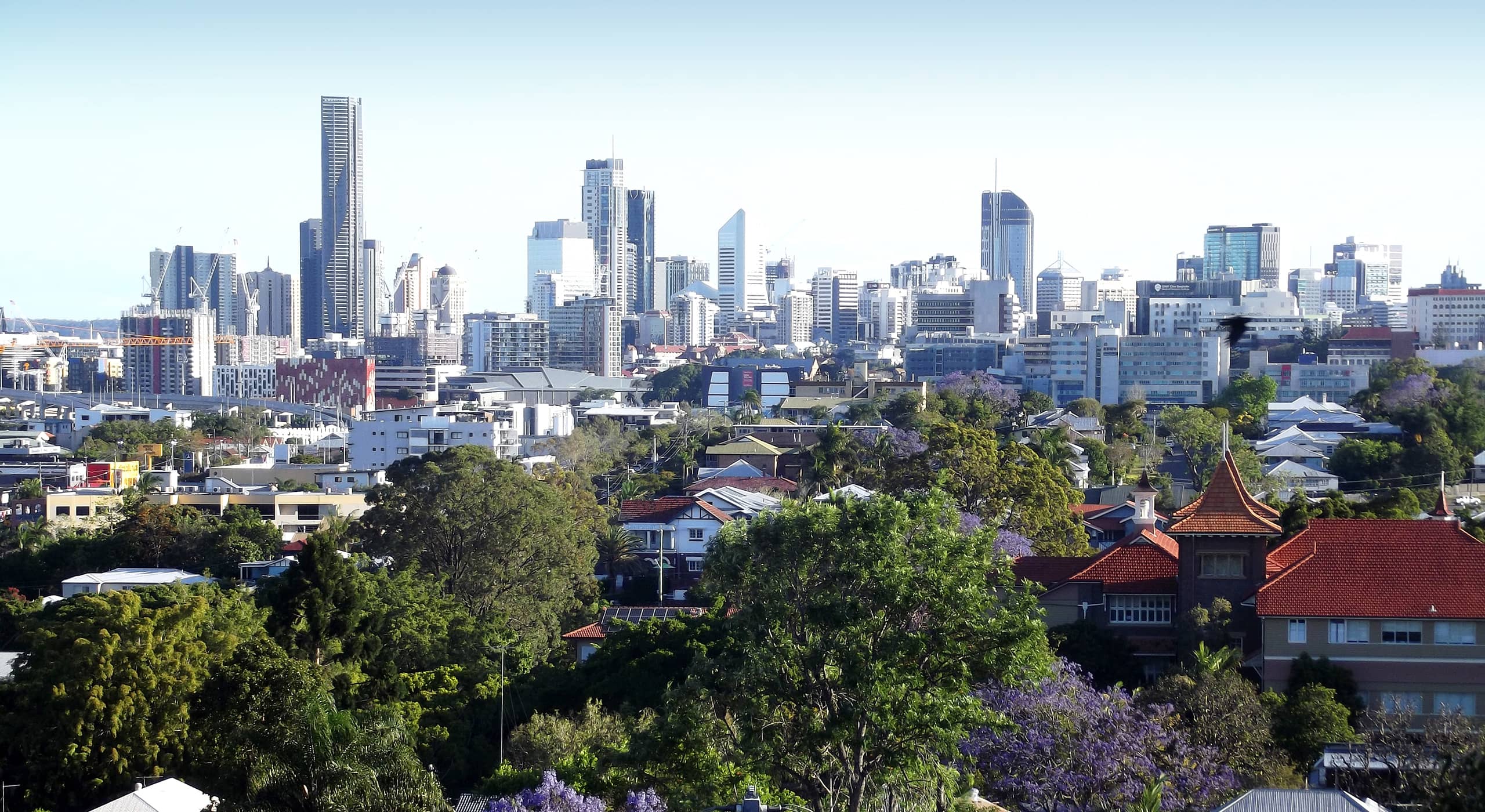
PROPERTY prices have been a bit battered in the past year, yet building a real estate portfolio remains a burning ambition for many Australians.
For those of us who are yet to dabble in property investment, there is plenty to think about before getting started.
LOCATION
The real estate agent in Aussie film The Castle famously tells the Kerrigans a home is all about "location, location, location".
Neville Sanders, Victorian state manager of strata management company Whittles, agrees location is crucial.
"Everybody recognises the closer you get to a CBD, the potential for capital growth is much greater," Sanders says.
"Location is very important but it’s tempered by people’s capacity in what they can afford.
"People tend to buy in an area where they can afford. They may upgrade or add to their portfolio or trade up as time goes by."
Look for a property that has easy access to schools, shops, public transport and hospitals.
HOUSE OR UNIT?
Naturally, there are pros and cons with both types of properties.
A house comes with maintenance of its grounds and the building itself, and a unit has body corporate fees that will enable this to be taken care of for you.
"With a unit, the garden is done and the roof, for example, may be maintained by the body corporate," Sanders says.
"The body corporate will often arrange the insurance, which is generally cheaper than taking a stand-alone policy on a house. So it goes both ways for each type of investment."
He says a home on a larger block may have potential to subdivide.
And when choosing between a house or unit, "neither is right nor wrong".
"If someone is used to apartment living, they’ll readily buy an apartment as an investment. If someone has only ever lived in a home, they may find it difficult to relate themselves to anything other than buying a home."
NEW OR OLD?
Buyers’ agent Meighan Hetherington, of Property Pursuit, suggests getting advice on what type of property is best for you but says there are many things to consider.
"With a new property, you have the maximum amount of depreciation you can claim, which can help with cashflow and tax benefits, and the higher yield and income that comes with more tenant-friendly features," she says.
"Often those older properties have character that’s sought after and that’s really hard to replicate in the newer properties."
Hetherington says buyers should understand their goals to determine whether to opt for new or old.
This includes your time-frame. Holding a property for less than five years will make it difficult to achieve capital growth in such a short period.
BUDGETING
AMP financial planner Dianne Charman says to work out your budget before you start shopping.
"It is vital to have a thorough understanding of your cashflow," Charman says.
"Also, ask your bank for a pre-approval of your investment loan so you know how much you are able to borrow before you start hunting for properties."
Do the maths and work out what your loan will cost based on the property you are looking to buy.
Also take into account the property being vacant at some point.
CONSIDER ONGOING COSTS
On top of the standard costs of buying a property, think about extra expenses that will creep up after making a purchase.
Charman says there are many other factors to be considered.
"Make sure you budget enough for rates, insurance and general repairs," she says.
"Do what you can to prevent costly maintenance issues arising, such as replace ageing taps."
Maintenance costs can add up, too, so it’s important to keep on top of them, particularly with older-style buildings that often require more attention.
INVEST WITH YOUR HEAD, NOT YOUR HEART
Simon Pressley, of 6-Point Property, which buys on behalf of investors, says the tangible nature of property can make it a trap.
"The thing that investors like in property as opposed to shares is the tangible nature of it – it’s something we can see and touch," Pressley says.
"While it might be the attraction of a property, it is the biggest danger to investors because they make decisions based on what they can see and that’s not using the head at all."
Pressley says a buyer who would live in the property themselves often thinks it’s a good investment but says that is rarely the case.
"It’s more economic things they should be looking at," he says.
"Invest in your own education before investing your money. Get an understanding of what drives property values rather than just going to get pre-approval from a bank and driving around to open inspections."
THINK ABOUT TAX
Most investment properties are negatively geared, which means your borrowing costs are higher than the income produced and you can claim the gap against your tax.
Pressley says that once you’ve found a property, determine in whose name it will be bought to make the most of the tax benefits.
"Be well prepared so when you find it, you’re ready to move," he says.
"For example, if there’s a husband and wife and they’re both on PAYG incomes, should they be buying it in joint names?"
If a buyer also owns a business, they should consider tax protection and asset protection.
And consider what size deposit is best. "Some people might be better off buying with as little as possible deposit, for others it might be appropriate to buy with a big deposit," Pressley says.
PROPERTY MANAGERS
Chris Gray, chief executive of property consultancy Empire, says money is generally tight for first-time investors and this is where they will try to cut costs.
"Property managers are one of the first things investors think about not using because they think they can do it themselves," he says.
"Often it’s a false economy. Good property managers know what the (rent) prices are and know what the market is like and will continually push it up. Also, they will collect the rent, whereas when a tenant is dealing directly with an owner, they’ll give them every sob story they can think of … and quite often the owner will fall for those sob stories."
PROTECT YOURSELF
Terri Scheer Insurance general manager Carolyn Majda says many investors overlook risk management until something goes wrong.
Landlord insurance policies cover investors for risks such as malicious and accidental damage, loss of rental income and potential legal liability, Majda says.
"A standard building and contents insurance policy generally won’t cover landlords for many of these risks," she says. "Even the best tenant can accidentally damage a property or lose their job and be unable to pay rent."


